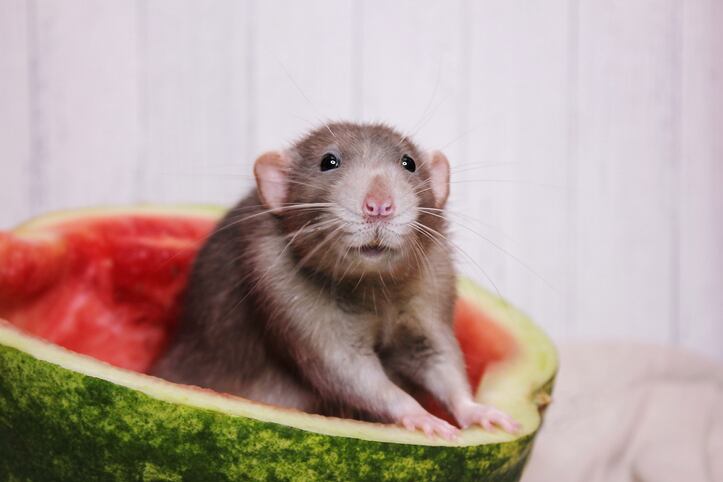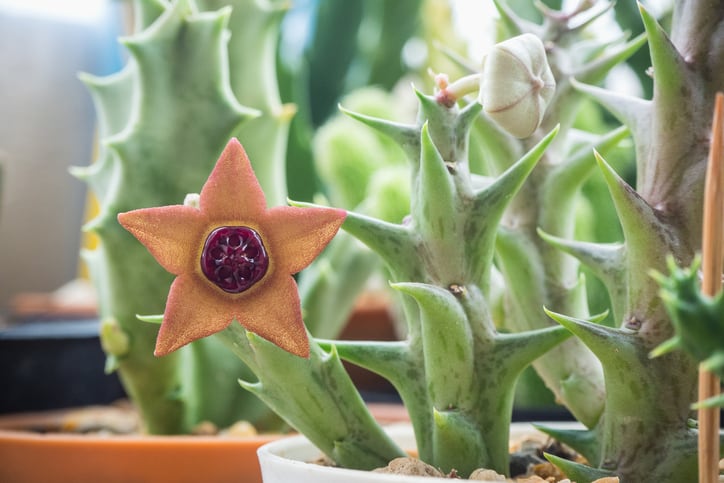With half of the adult population in the United States projected to be obese by 2030, the negative health effects are weighing heavily on Americans. Nearly 1 in 3 adults in the US has high blood pressure, and 2 of 3 people with diabetes report having high blood pressure or taking medications to lower it, according diabetes.org.
Watermelon may help manage health issues caused from being overweight. It contains the amino acid citrulline, which helps the body produce nitric oxide, a gas that relaxes blood vessels and encourages flexibility in arteries. These effects aid blood flow, which can lower high blood pressure. Watermelon also contains lycopene, a phytonutrient antioxidant compound, which has been linked to several health benefits, including decreasing the risk of heart disease.
From byproduct to benefit
In a study funded by the National Watermelon Promotion Board, researchers at Oregon State University wanted to know if a supplement version of watermelon byproducts (skin and rind that typically end up as food waste) offered any metabolic benefits to obese male mice fed a Western-style diet.
Over a 10-week period the research team fed mice five different diets: a low-fat diet, a high-fat control diet, a high-fat diet with watermelon skin supplements, a high-fat diet with watermelon rind supplements, and a high-fat diet with watermelon flesh supplements. Researchers made note of the weights and glucose levels of the mice at the beginning and end of the trial.
Findings
The results found that the mice fed a high-fat diet supplemented with watermelon products had significantly better blood glucose levels than the mice on the high-fat-only diet. Elevated blood-glucose levels can lead to Type 2 diabetes, the most common form in the US.
"Even though the two groups of mice were eating the same amount of fat and sugar, that consumption of 1.5 servings of watermelon flesh or 2% of high-fiber rind or skin products had significant effects," said study co-author Neil Shay, professor of food science in OSU's College of Agricultural Sciences.
Insulin levels were found to be lower in the watermelon supplement groups and researchers also saw a shift in microbiome composition, which significantly increased the beneficial bacteria in the mice that were given watermelon supplements.
Surprising results
Additionally, the research team observed mice given watermelon supplements experienced a drop in the levels of prostaglandin F2a, an inflammatory mediator. When compared to the high-fat control group, the mice given the supplements also had reduced inflammation, suggesting the P-F2a may have played a role in reducing inflammation.
Professor Shay said this was the most surprising part of the entire study. “The most important, was that drop in the prostaglandin F2a level. Generally speaking, the lower the level of P-F2a, the better off a person would be. This would be an indication that there is something in the whole food product that is producing a beneficial, anti—inflammatory effect.” The authors noted this is the first time a study found watermelon consumption decreased inflammation.
The high-fat control group had increased inflammation, suggesting that a high-fat diet could cause inflammation.
Finally, the scientists found that at the end of the trial, the high-fat control group had a similar body weight to the high-fat watermelon supplement groups, suggesting watermelon doesn’t play a significant role in weight.
2020 vision
Professor Shay told NutraIngredients-USA that they their animal research is compelling enough to move on to human studies. “We have a proposal out right now to test our watermelon flesh and watermelon rind products in human subjects.”
Another noteworthy point that Professor Shay mentioned is the potential to use the waste stream product. “The freeze dried rind turns into a beautiful, fine, pale green powder. We’re doing some product development with this in 2020, to see how it performs in food products, for example as an additive in baked products.”
Source:
2019 Nov 11. pii: nxz267. doi: 10.1093/jn/nxz267
“Intake of Watermelon or Its Byproducts Alters Glucose Metabolism, the Microbiome, and Hepatic Proinflammatory Metabolites in High-Fat-Fed Male C57BL/6 J Mice”
Authors: A. Becraft, et al.




